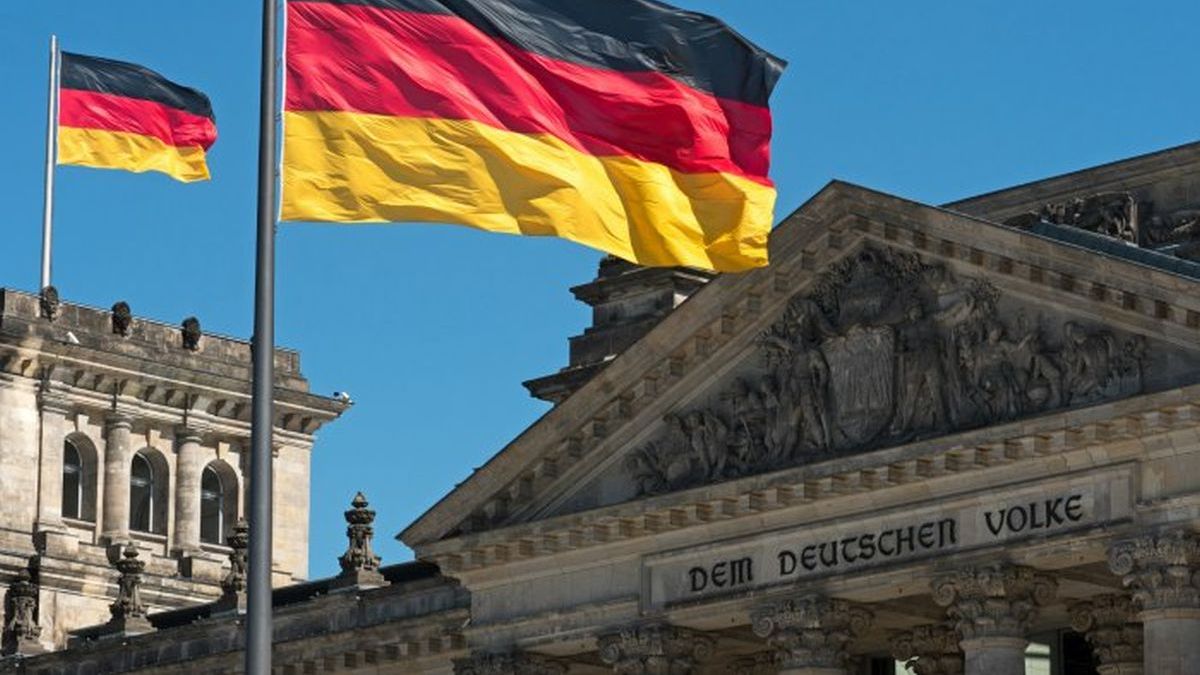Germany entered into technical recession in the first quarter of 2023, after a second consecutive contraction of its gross domestic product (GDP), in a context of falling industrial production, inflation and high interest rates.
The GDP of the first European economy fell by 0.3% in the January-March period compared to the three previous months, after having contracted 0.5% between October and December according to seasonally corrected data released this Thursday by the Destatis statistical institute.
In year-on-year terms, the indicator contracted by 0.5% in the first three months of this year.
Thus, Germany entered a technical recession, which is defined as a drop in activity for two consecutive quarters.
It is the first time that this has happened in the European country since the coronavirus pandemic, which had caused a drop in GDP in the first and second quarters of 2020.
German industry, long reliant on Russian gas, was hit hard last year after Moscow, in the wake of Western sanctions over the invasion of Ukraine, cut supplies and prices soared.
Despite this, the German economy seemed to hold up better than expected, thanks to massive public aid, increased use of liquefied gas and a drop in gas prices at the start of the year.
The industry also benefited from the reopening of China after the pandemic.
The recession seemed to be receding, but “optimism gave way to realism” and “Germany fell into recession,” said Carsten Brzeski, an expert at ING bank.
Several economic indicators for the month of March illustrated the situation, including industrial production, central to the German economic model, which fell by 3.4% compared to February.
Likewise, vehicle production decreased by 6.5% and construction contracted by 4.6%.
Industrial orders also fell sharply in March, down 10.7% compared to February, unprecedented since the nadir of the pandemic. Exports, essential for this sector, fell by 5.2%.
All of this occurred in a context of falling domestic consumption, due to inflation, which remains very high by German standards, above 7%.
Abroad, the country’s trading partners imported fewer German-made products due to “geopolitical turmoil, high inflation rates and loss of purchasing power,” according to the DIHK economic institute.
Despite all this, the German government forecasts a progressive recovery in activity throughout the year and growth of 0.4% for the whole of 2023.
“The economy went through a winter weakness. But we continue to expect a notable improvement in the course of the year,” the economy ministry told AFP.
But not everyone is so optimistic. The IMF forecast in April that German economic activity would contract by 0.1% this year, before a rebound of 1.1% in 2024.
The German situation stands out compared to its European neighbours, where the risk of recession has receded thanks to the fall in energy prices.
“Germany is seen as Europe’s potential black sheep,” said Guillaume Dejean, an analyst at Global Market Insight.
In Belgium and France, economic activity increased by 0.4% and 0.2% respectively in the first quarter of 2023 compared to the previous quarter. Italy and Spain in turn grew by 0.5% in the first quarter.
Source: Ambito




